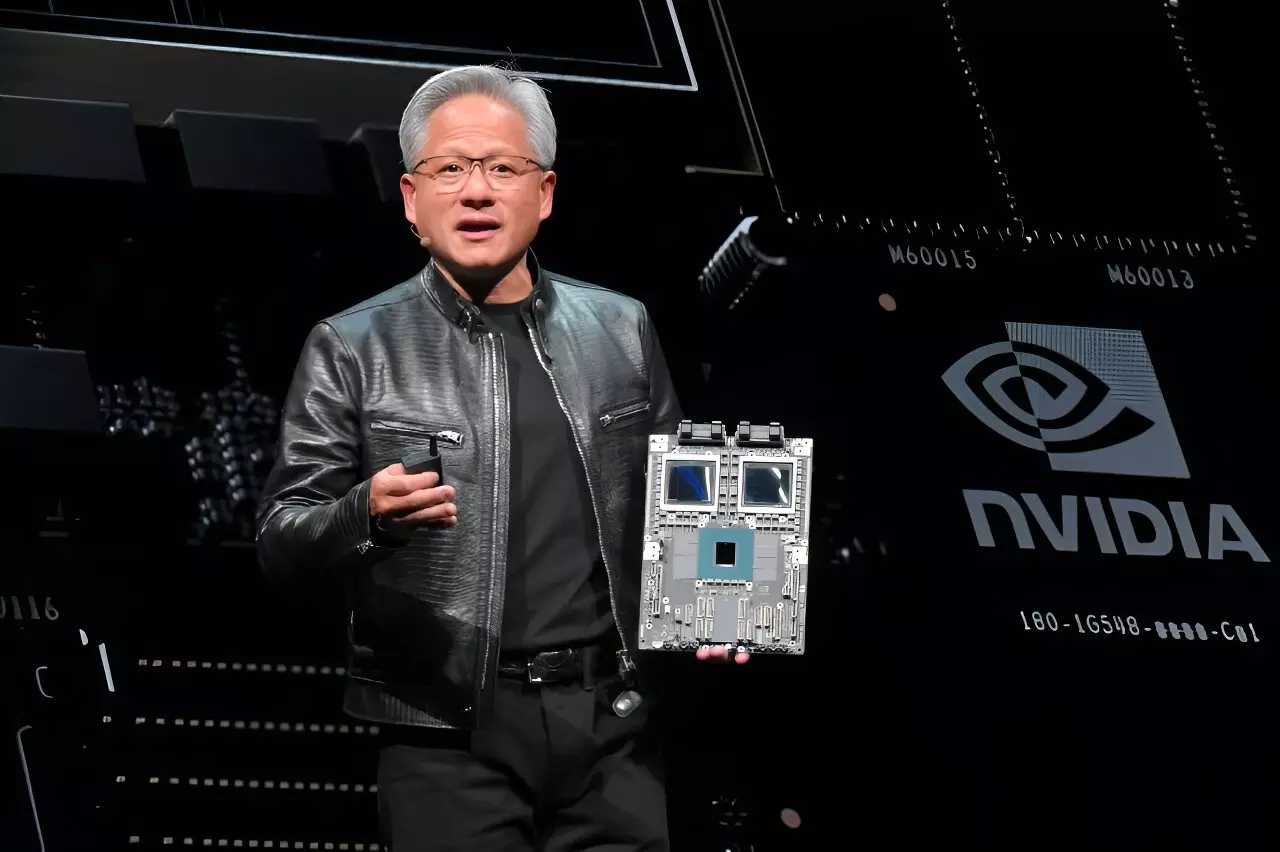Nvidia’s CEO, Jensen Huang, recently shared his vision for the future of artificial intelligence during his keynote speech at Computex in Taipei. He emphasized the idea that the next industrial revolution has already begun, with AI playing a central role in shaping the future of technology. Companies and countries around the world are partnering with Nvidia to revolutionize traditional data centers and shift towards accelerated computing to create a new type of data center – AI factories.
During his speech, Huang unveiled Nvidia ACE generative AI, a tool that can create lifelike human avatars for various industries such as customer support. Additionally, he highlighted how top tech companies like Foxconn and Siemens are leveraging Nvidia’s platforms to develop AI-powered autonomous robots. Huang also announced plans for an “ultra” version of the Blackwell platform in 2025, showcasing Nvidia’s continuous commitment to innovation in the AI space.
Huang’s admiration for Taiwan’s semiconductor industry was evident, as he acknowledged the island’s crucial role in the production of advanced chips that power everything from iPhones to AI applications. Taiwan’s advanced semiconductor industry is at the forefront of technological advancements, with companies like Foxconn shifting towards producing AI hardware to meet the evolving demands of the tech industry.
As Taiwan’s semiconductor industry continues to thrive, concerns have emerged about Taiwan’s status in the global supply chain. The island’s self-ruled status is contested by China, which has raised geopolitical tensions in the region. The reliance on Taiwan for advanced semiconductors has become a source of concern for governments and businesses worldwide, leading to questions about the stability of the semiconductor supply chain in the face of geopolitical uncertainties.
With AI becoming increasingly central to the tech industry, companies are investing heavily in AI research and development. Taiwan’s manufacturers, known for producing some of the most advanced semiconductors in the world, are integral to the plans of tech giants like Nvidia, AMD, Intel, and Qualcomm. As the demand for AI hardware grows, companies like Foxconn are expanding their offerings to meet the needs of the evolving tech landscape.
In addition to Nvidia, other tech industry leaders like Lisa Su of AMD and Cristiano Amon of Qualcomm are also making significant strides in the AI space. At Computex, these CEOs are expected to outline their companies’ plans to advance AI technology and showcase the AI-accelerated experiences that users can expect from next-generation devices. The future of technology is intertwined with AI, and companies are racing to develop innovative solutions that will shape the way we interact with computers and the internet.
Nvidia’s ambitious plans for accelerating the advancement of artificial intelligence are a testament to the growing importance of AI in shaping the future of technology. As companies continue to invest in AI research and development, Taiwan’s semiconductor industry remains a key player in driving innovation and pushing the boundaries of what is possible with AI technology. The road ahead is paved with opportunities for companies to leverage AI to revolutionize industries and create new possibilities for the future. The collaboration between tech industry leaders and semiconductor manufacturers will be crucial in realizing the full potential of AI and driving innovation forward.


Leave a Reply